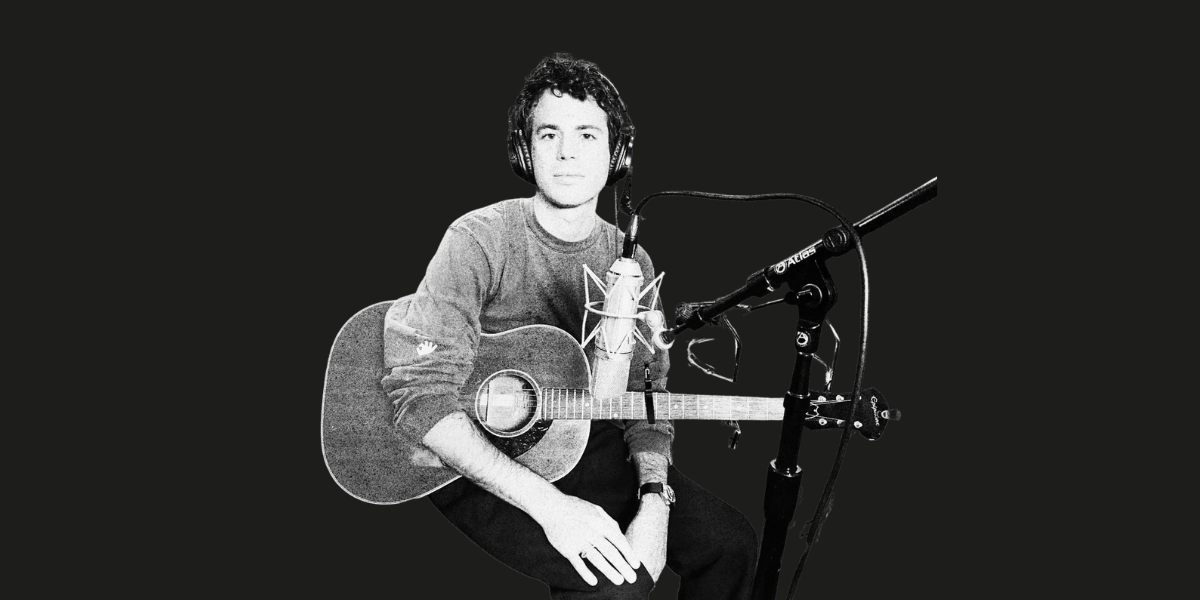I do a lot of teaching. I teach for Writer’s Digestand Script Magazine’s online university, in continuing education at the University of Utah, and at conferences across the country. One of the things I’ve learned in my teaching is that the best way to get folks better at writing is to start with just getting them writing.
Writing can be hard, and we psyche ourselves out about how difficult it is. We look to some exterior muse to sprinkle the fairy dust of inspiration before we can start. Other times, the mind goes entirely blank as we stare at a blank page and a blinking cursor. We might even think we have writer’s block and need to relax and do something else — even though writer Brian K. Vaughn calls writer’s block “just another word for video games.”
There are also layers to how clear writing works. We hear a lot that writing is re-writing. First, we need to have a spark of an idea. Then we need to get it down on the page in a way people will understand. We need to get the grammar and punctuation right, we need to choose the right words and imagery, we need to put all of those things in the right order. Basically, what we’re doing is creating a textbook of mental telepathy to clearly transmit ideas from our head to the head of the reader. It’s alchemy!
So how do we get that tap flowing so we can get those words out?

It’s an age old question, right?
Steven Mintz, a professor of history at the University of Texas at Austin, posits that “writing is thinking,” and we need to let our minds take us where they want to go and put that down on the page without getting wrapped up in the self-consciousness of knowing that these words we write might be carved in stone. Stephen King said that we should write with the door closed, so no one can see, and edit with the door open. Ernest Hemingway abbreviated that advice even further to suggest that we “write drunk and edit sober.”
The crux of this method is that you need to turn off those critical portions of your brain and just let words spill onto the page, even if they’re the wrong ones, without getting hung up on fixing them right then and there. Freewriting is a term popularized in 1973 by Peter Elbow, though coined by a writer named Ken Macrorie. Elbow directed the writing program at the University of Massachusetts at Amherst from 1996 to 2000 and remains a professor of English Emeritus there. In his book Writing Without Teachers(1973), he said:
“Editing, in itself, is not the problem. Editing is usually necessary if we want to end up with something satisfactory. The problem is that editing goes on at the same time as producing... The main thing about freewriting is that it is nonediting... Practiced regularly, it undoes the ingrained habit of editing at the same time you are trying to produce. It will make writing less blocked because words will come more easily...”
Elbow described freewriting as “writing something and putting it in a bottle in the sea.” What if you treated every writing session the same? Even if you have a project due to an editor or professor, make that first draft for your eyes only.
So how do you freewrite?
It’s simple. You just let your mind wander and write down every word that comes into your head in the order that it comes. It doesn’t matter if it’s connected or not. It doesn’t matter if it makes sense. Do this for ten minutes — Elbow suggests starting with ten and moving up to fifteen or twenty as you get into the rhythm. It’s like priming the pump so the water can flow.

Of course, this concept didn’t originate with Elbow in ’73. The concept has existed in some form or another long before that.
Ernest Hemingway used to do his letter writing before the day’s work of writing prose when he was sharpening pencils into teacup saucers and writing in his Moleskine notebooks in Paris a hundred years ago. The letters would loosen up the words rattling around in his brain and allow him to subsequently write that “one true sentence” he was always chasing.
Likewise, you can start a writing session by freewriting about your day, or jumping right into freewriting your novel or other writing assignment — whatever topic you like. Freewriting for fiction works the same way as freewriting for your own personal thoughts and feelings. Just let the thoughts flow.
And this technique isn’t just for already developed ideas. In that same article about writing, Steven Mintz explained that “writing is not just how we express our ideas; it’s how we develop our ideas.” And it’s true. If I’m exploring the thesis of an article or a column I’m writing, this is the same process I use to hone that idea and shape my thesis and better understand what I’m trying to say.
When I’m sitting down with my students, this is usually the exercise we start class with. Freewriting will shake loose all those ideas. It’s also how I start every morning, to get myself into the flow of writing and to better shape the ideas I’m about to tackle in my writing that day. It’s powerful and helps me focus in on the ideas swirling in my head. And when I put it to students, they all report that the practice helps them find their creativity faster and writer’s block is kept at bay with greater ease.
Try it. You’ll be amazed at how quickly this practice can improve your writing in any medium. All you have to do is think right onto the page, which is a lot easier than the bleeding Hemingway always advocated — though that will come, too, if you’re writing honestly enough.
































